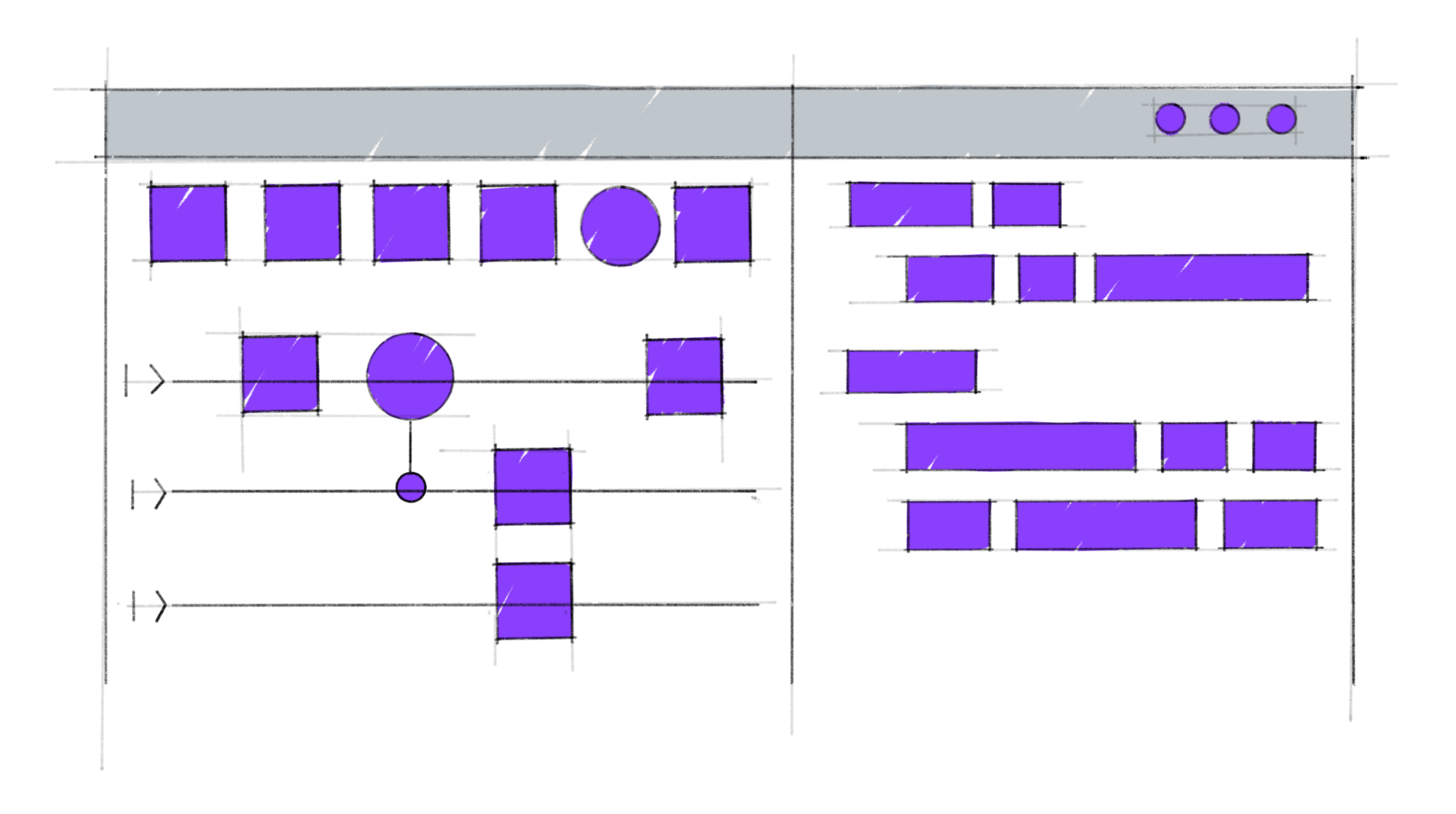User demand for increasing amounts of wireless capacity continues to outpace supply, and so to meet this demand, significant progress has been made in new MIMO wireless physical layer techniques.
Higher-performance systems now remain impractical largely only because their algorithms are extremely computationally demanding. For optimal performance, an amount of computation that increases at an exponential rate both with the number of users and with the data rate of each user is often required. The base station’s computational capacity is thus becoming one of the key limiting factors on wireless capacity.
A team at Princeton University has just announced QuAMax which is the first large MIMO centralized radio access network design to address this issue by leveraging quantum annealing on the problem.
They have implemented QuAMax on the 2,031 qubit D-Wave 2000Q quantum annealer, the state-of-the-art in the field. Our experimental results evaluate that implementation on real and synthetic MIMO channel traces, showing that 10 μs of compute time on the 2000Q can enable 48 users, 48 AP antenna BPSK communication at 20 dB SNR with a bit error rate of 10−6 and a 1,500 byte frame error rate of 10−4.


